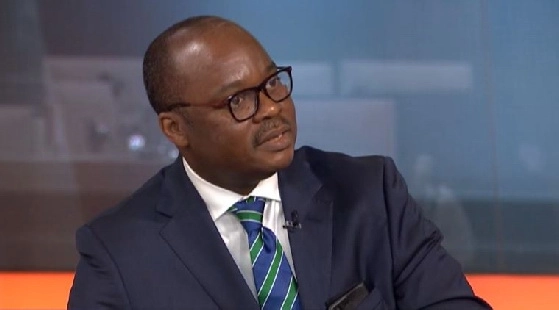Ghana’s Central Bank Tightens Grip on Financial Sector Leadership
The Bank of Ghana (BOG) has issued a stark warning to the country’s financial institutions, reaffirming its commitment to stringent governance standards in the wake of the 2017-2019 banking sector clean-up. In a public notice dated July 11, 2024, the central bank explicitly barred individuals implicated in the sector’s previous failings from holding key positions in regulated financial institutions (RFIs).
This move underscores the BOG’s determination to sustain the gains made from the extensive reforms that reshaped Ghana’s financial landscape. The notice serves as a reminder of the fit and proper criteria established in 2019, which set high standards for significant shareholders, directors, and key management personnel in banks and specialised deposit-taking institutions (SDIs).
“Persons who have been directly implicated in the 2017-2019 Financial Sector clean-up, and all previous directors of failed banks and SDIs since the enactment of Banks and Specialised Deposit-Taking Institution Act, 2016 (Act 930) do not qualify to hold key positions,” the notice stated unequivocally.
The central bank’s stance reflects ongoing concerns about corporate governance in Ghana’s financial sector. Poor governance practices were identified as a significant contributor to the excessive risk-taking that led to the collapse of several institutions, necessitating a comprehensive clean-up operation.
Since 2018, the BOG has rolled out a series of directives aimed at strengthening governance frameworks:
- Corporate Governance Directive (2018)
- Fit and Proper Persons Directive (2019)
- Corporate Governance Disclosure Directive (2022)
These measures align with international best practices, including the Basel Capital Accord’s Pillar III on regulatory and public disclosures.
The latest notice also serves as a reminder of the disqualification criteria for key personnel, which include involvement in companies that have had licenses revoked, been wound up, or entered receivership or insolvency.
Financial sector analysts view this development as a positive step towards restoring confidence in Ghana’s banking system. However, some industry insiders, speaking on condition of anonymity, expressed concerns about potential talent shortages in an industry still recovering from significant upheaval.
As Ghana continues to position itself as a key financial hub in West Africa, the BOG’s strict stance on governance could set a precedent for other regulators in the region. The effectiveness of these measures in preventing future crises will be closely watched by investors and policymakers alike.








